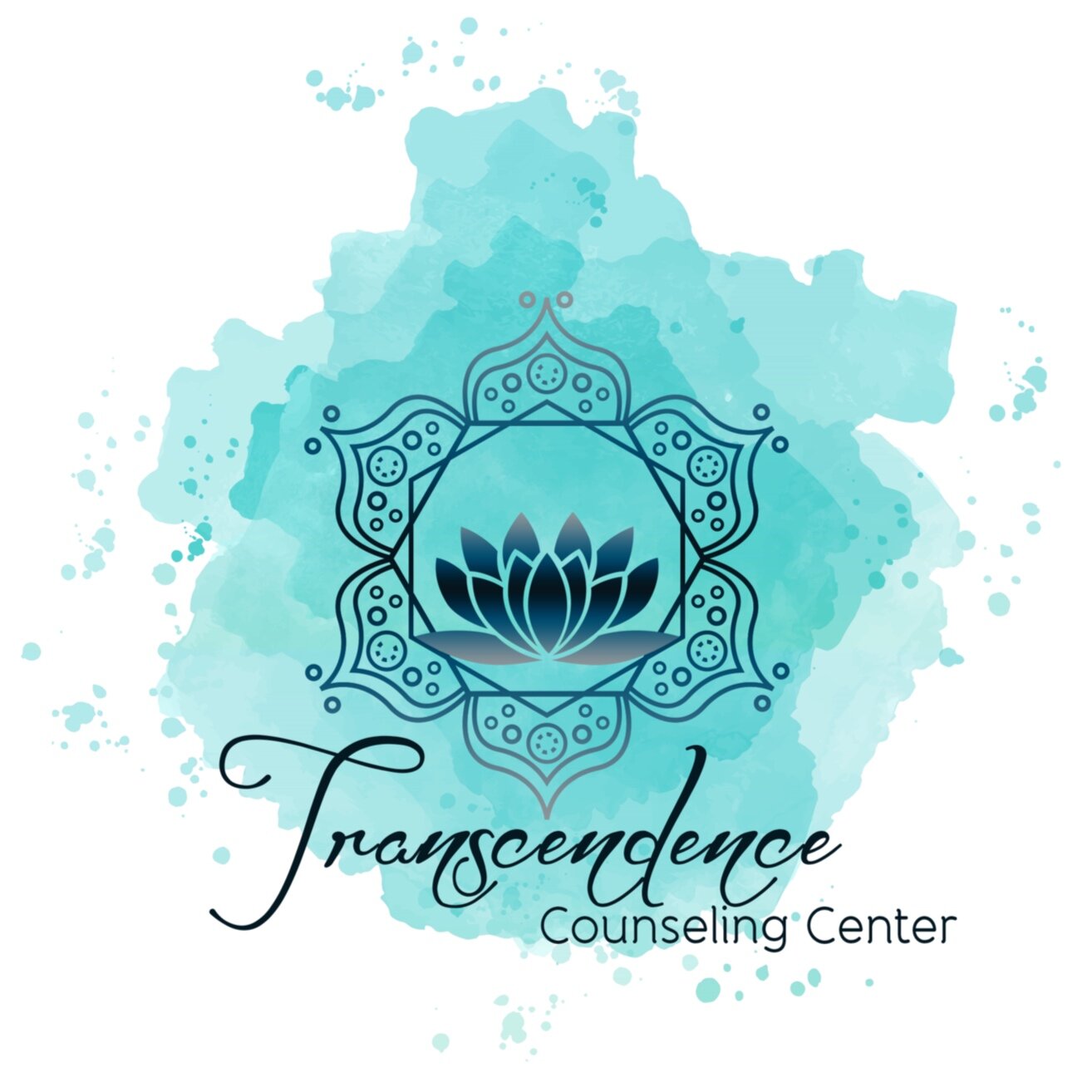body image disturbance
Body image problems occur along a continuum that ranges from mild dissatisfaction to severe body-hatred. Body image disturbance is generally seen in conjunction with self-esteem issues, depression, eating disorders, or sexual abuse.
A person may be suffering from body image disturbance if they:
• Are unable to accept a compliment.
• Are overly affected in their moods by how they think they look.
• Constantly compare themself to others.
• Calls themself disparaging names—“Fat.” “Gross.” “Ugly.”
• Attempt to create a “perfect” image.
• Seek constant reassurance from others that their looks are acceptable.
• Consistently overstate the size of their body or body parts.
• Believe that if they could attain their goal weight or size, they would be able to accept themselves.
• Subordinate their enjoyment of life’s pleasures or pursuit of personal goals to their drive for thinness.
• Equate thinness with beauty, success, perfection, happiness, confidence, and self-control.
• Compartmentalize their body into parts (thighs, stomach, buttocks, hips, etc.) rather than feeling connected to their whole body.
• Have an ever-present fear of being fat—even if they are slim.
• Have an overriding sense of shame about themselves and their body.
Therapy is often an effective way to address body image concerns. In therapy, a person may explore all the factors that contributed to their current attitudes. An individual may not realize how much of their self-perception comes from negative comments by others. They may have experienced bullying from peers or family and blamed themselves for it. Therapy can help a person rebuild a self-image and teach them how to “fight back” against the negativity with mindfulness and positive self-talk..

